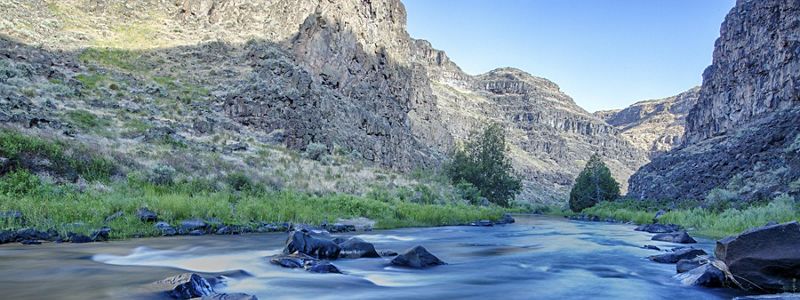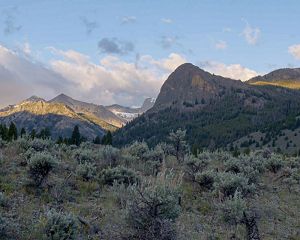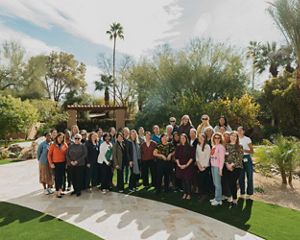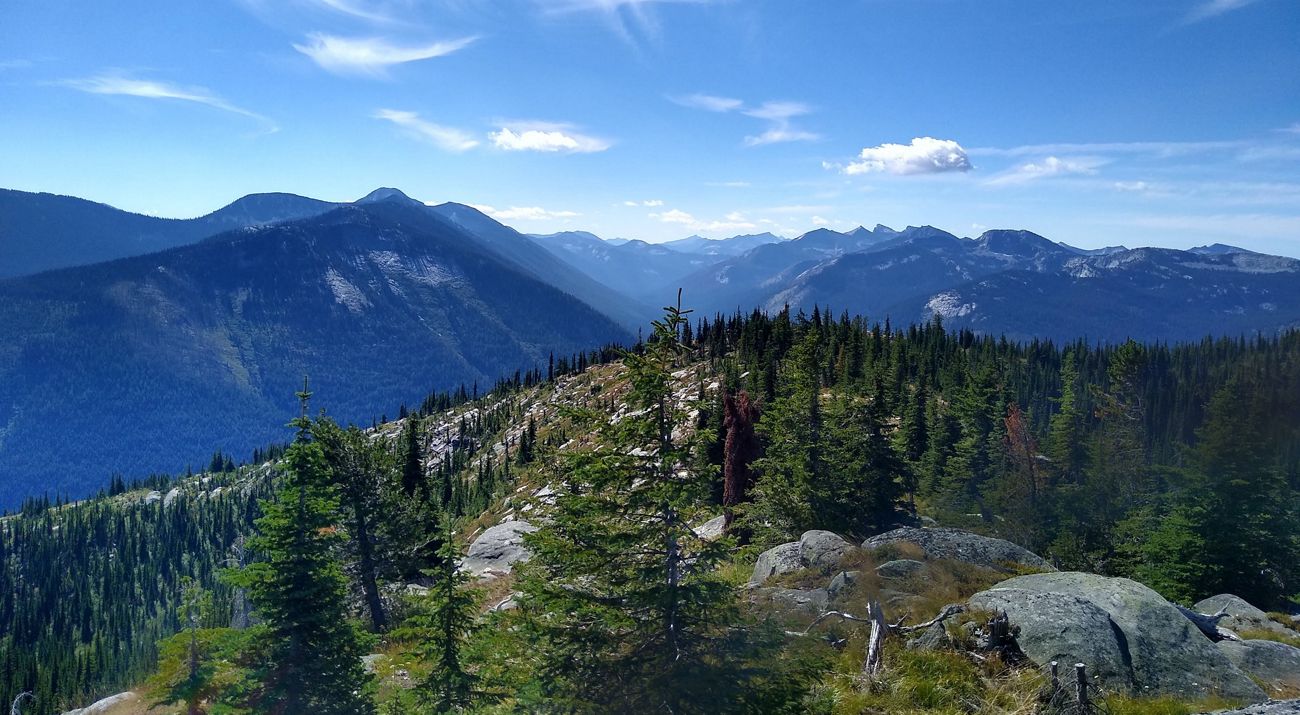
A Guide to Talking About Climate Change
Four steps to talk about climate change with friends, family and your community.
Climate change is affecting Idaho right now. We’re seeing hotter summers, increased severity and intensity of wildfire, changes in water availability and more. These impacts are already felt by many Idahoans—69% of Idahoans think climate change is happening and 62% of Idaho voters think it’s an important issue.
Yet it can be really difficult to talk about climate change with friends and family. We can't fix a problem if we can't talk about it. You can help change that! And we can help.
Below you will find our four easy steps to talk about climate, as well as our Climate Solutions Video Series to learn about dedicated groups and individuals that already are working to address the impacts of climate change.
Let's Talk Climate
-
Meet People Where They Are
It’s tempting to want to share all that you know about climate change, but that can be overwhelming. If they are interested in wildfire impacts, start there. If they want to talk jobs and family, that's also a good starting point. So how do you find out where they are? Ask questions and listen to the answers with patience and interest. Begin your conversation with genuine openness to another’s perspective.
-
Connect on Shared Values and Experiences
It is a sense of shared identity and connection that makes what you say most impactful. Connect climate issues to your local surroundings—relate on changes in the seasons, increased wildfire, heat waves and lessened snowpack, or impacts to recreation activities that you both enjoy. People tend to be most open to acknowledging climate change when they are able to observe its effects locally.
-
Focus On Solutions and Hope
Research shows that when a problem seems too big, we freeze up and distance ourselves from the problem entirely. The good news is that we have climate solutions like regenerative agriculture and forest restoration that have amazing benefits for communities and nature. By focusing on solutions and benefits, we can create a vision for a better future and find common ground and shared values to get there.
-
It’s Okay to Leave the Conversation Unresolved
It is tempting to hope that your conversation will lead to an “ah-ha!” moment of understanding and agreement. In reality, processing new information and perspectives takes time. But your conversation about climate change doesn’t have to reach a resolution in order to be valuable. The goal is connection and conversation, even if you never reach an agreement. In a world with so much divisiveness and polarization, a kind, compassionate and respectful conversation can make a big impact.
Climate Solutions Video Series
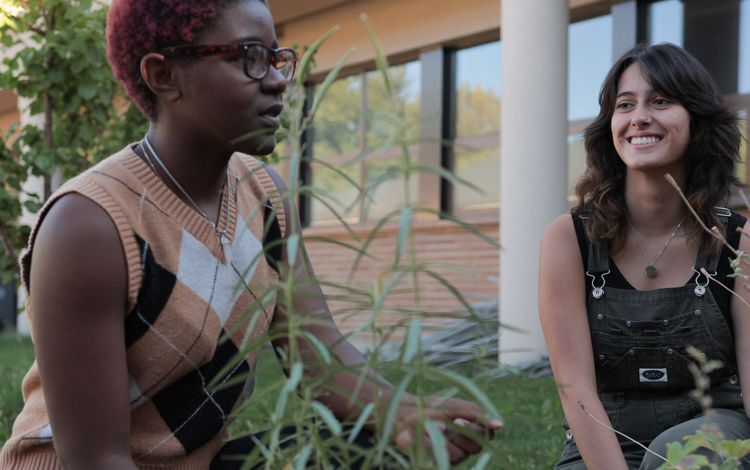
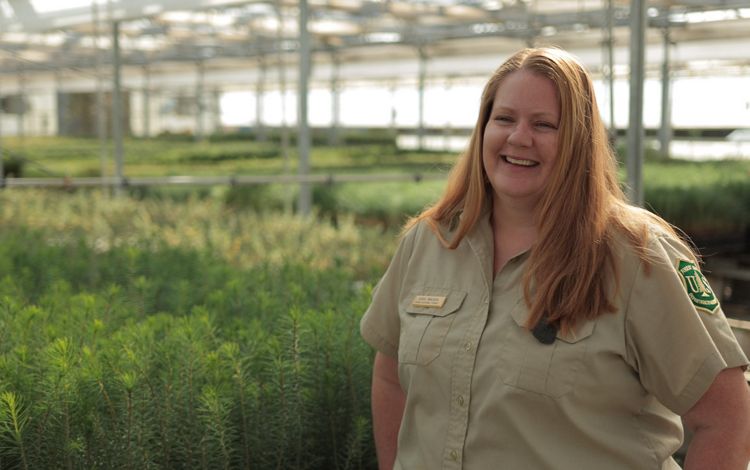
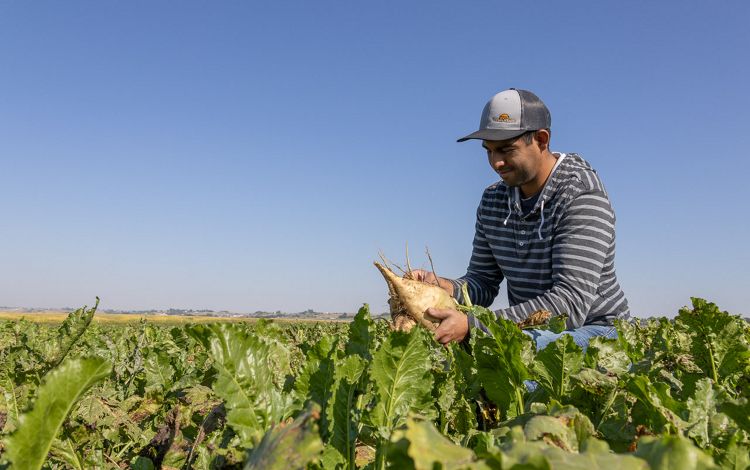
Resource
- Let's Talk Climate Handout (.pdf)
Stay connected for the latest news from nature.
